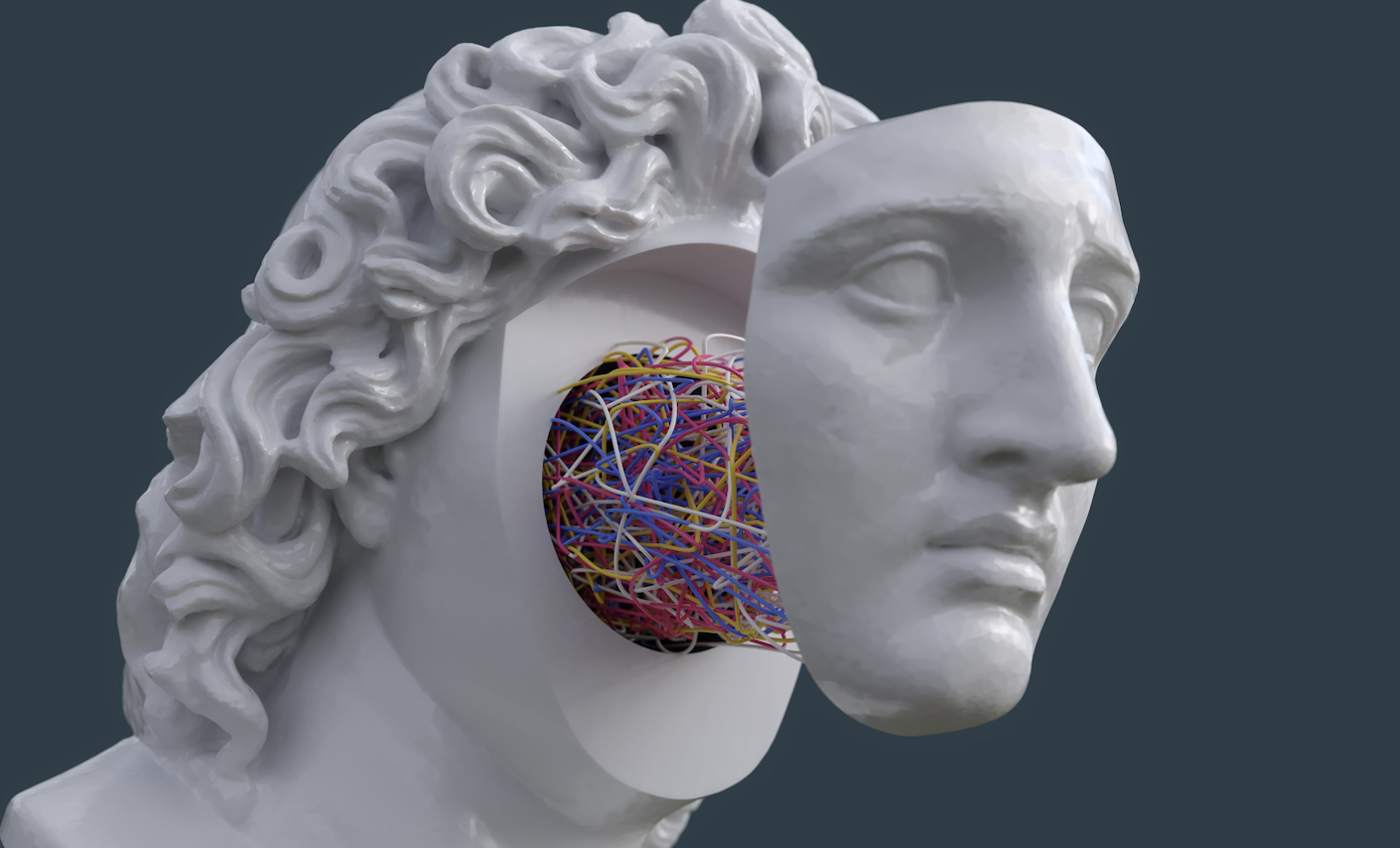Am I the asshole? Everyday moral dilemmas from Reddit

- The internet is a wonderful repository of real-life moral dilemmas that makes for great philosophical analysis.
- The subreddit “Am I the Asshole?” highlights just how messy and complicated it is to apply ethical principles in everyday life.
- One solution comes from philosopher Jonathan Dancy, who developed a theory called “particularism,” which argues that we should abandon the notion of generalized principles.
Philosophers love a good thought experiment, the wackier, the better. They might involve time travel, monochromatic prisons, enslaved translators, pet beetles, or teletransportation. Nowhere are these examples more crucial than in the field of ethics. They are designed to challenge our intuitions and to reveal some deeper philosophical truths.
With the interconnected world now at our fingertips, these thought experiments need no longer be the reserve of professors and their academic writings. There are fresh philosophical insights to draw from the sea of ethical dilemmas the internet offers up — often from actual experiences in everyday life.
Online forums, such as Reddit or Quora, include stories from real people, presenting real questions, and getting real answers. This could make ethics more of a science than an art form. We now no longer need to rely on the moral intuitions of a handful of experts; instead, we have the thoughtful considerations of thousands or even millions of people. What can it teach us about morality?
Am I the asshole?
The subreddit “Am I the Asshole?” has over three million members and features the most heavily commented posts across the entire site (called Reddit). The purpose of the forum is for contributors to submit everyday moral dilemmas and reveal what they did in response. The other members of the community will chime in to say if they think the original poster did the right or wrong thing. The top three moral situations, for instance, concern our attitudes toward disabled relatives, suing your girlfriend, and the permissibility of looking forward to someone’s funeral.
In a recent paper, a team of Australian researchers analyzed 100,000 of these dilemmas to see what conclusions they could draw. The authors arrived at three.
The first concerns what kind of ethical situations people most commonly encounter. It turns out that a lot of our moral debates concern communication (such as, “Should I say this or not?”) and relationships (“Is it okay to do this to my partner?”).
The second conclusion is that most dilemmas include two or more conflicting values. Sometimes, they might involve pitting certain virtues against each other, like loyalty versus honesty. At other times, they involve a clash in certain aspects of life, such as family and money.
The third finding, and the most interesting philosophically, is that the “final verdicts do not line up with the moral concerns in the original stories in any simple way.” In other words, the discussion of a post might meander, but it also might reveal buried, unforeseen elements. A post that is ostensibly about borrowing money, for instance, might lead to a discussion on family values.
Ethics is messy
What subreddits like “Am I the Asshole?” reveal is just how malleable and specific everyday moral situations are. Ethical theories are great, but applying them in the real world becomes a labyrinthine mess. The question for ethicists, then, is: how can we develop guidelines or rules of thumb to help us navigate the world of everyday moral encounters? Given the assorted jumble of real ethical dilemmas, what consistency can we ever hope for?
One possible solution is to develop explicit principles to live by. If we establish rules and maxims, we can allow them to do the thinking for us in a tricky situation. The problem, however, is that most moral principles can be picked apart. Various exceptions and counterexamples quickly demonstrate that blind adherence to a principle is ridiculous — if not inhumane. Clearly, the rules we develop need to be adaptable.
But this seems to be a paradox. By definition, a principle is a belief we adhere to no matter what. So, what does an adaptable principle even mean?
Moral particularism
According to the philosopher Jonathan Dancy, there’s an alternative way to view ethics, and that is what he calls “particularism.” This is the idea that we ought to treat each case as its own moral “particular.” We should forget the notion of generalized “principles.”
How is this applied in practice? For each dilemma, we first must identify the morally “relevant features.” Then, we weigh the factors in favor or against a particular action. While “principles” can serve to push or pull us a certain way, they never entirely determine our course. Consider a white lie, the kind of thing most of us do daily. It might be that lying will always count against this action but being considerate to the feelings of a loved one might count in its favor.
There is a certain moral skill needed for Dancy’s theory to work. With no principles to live by, how can we know what are the morally “relevant features”? Dancy has two answers. First, for those who are young or unsure, principles are a good rule of thumb, a bit like stabilizers on a bicycle. Second, very much like Aristotle argued, the ability to recognize right and wrong is a skill that, the more we practice, the better we get.
As odd as it sounds, the most principled worldview might be one that doesn’t have any principles at all.
Jonny Thomson runs a popular Instagram account called Mini Philosophy (@philosophyminis). His first book is Mini Philosophy: A Small Book of Big Ideas.





